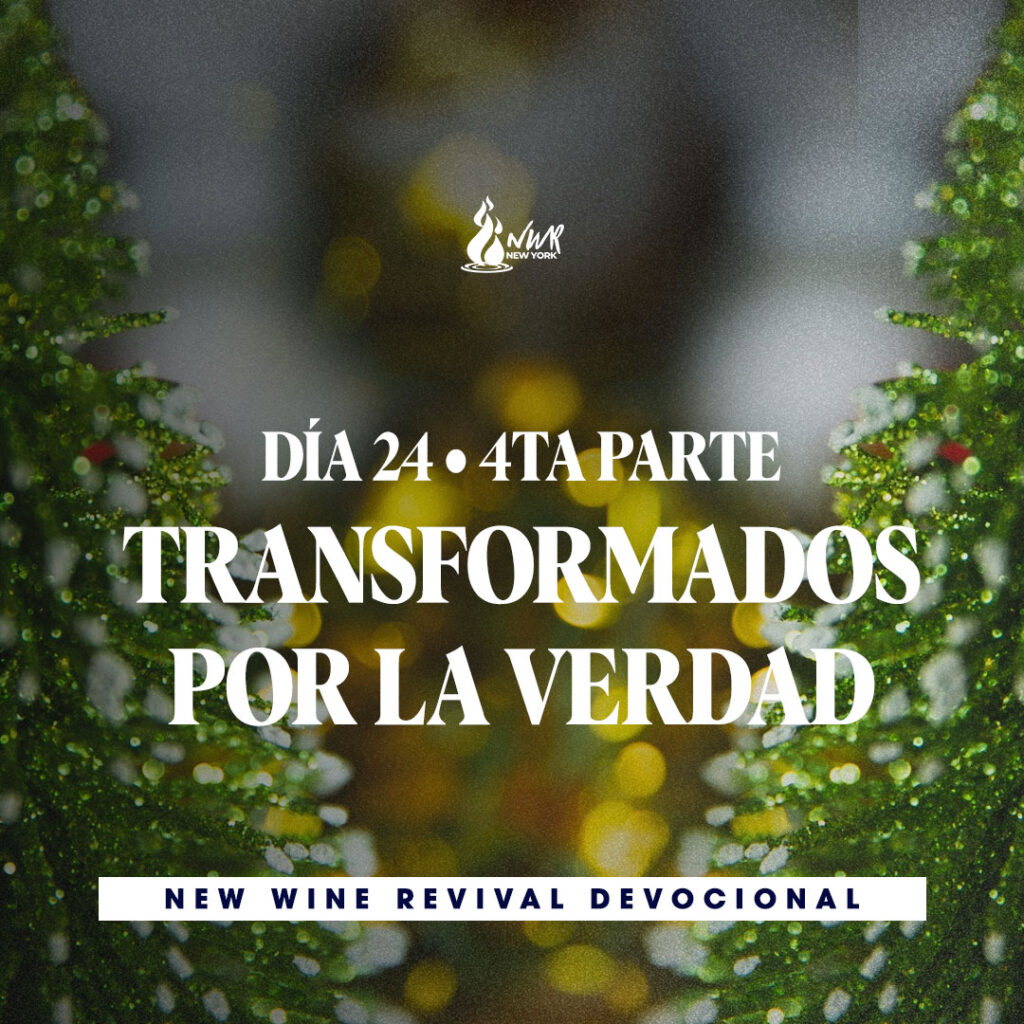
La Biblia entera nos fue dada por inspiración de Dios, y es útil para enseñarnos la verdad, hacernos comprender las faltas cometidas en la vida y ayudarnos a llevar una vida recta.
2 TIMOTEO 3:16 (PAR)
Tercero, la investigación, o el estudio de la Biblia, es otra manera práctica de permanecer en la Palabra. La diferencia entre la lectura y el estudio de la Biblia implica dos actividades adicionales: formularse preguntas acerca del texto y anotar tus ideas. En realidad no has estudiado la Biblia a menos que hayas tomado nota de tus pensamientos en el papel o la computadora.
El espacio en este libro no me permite explicar los diferentes métodos para el estudio bíblico. Hay varios libros útiles al respecto, incluyendo uno que escribí hace más de veinte años. El secreto para un buen estudio de la Biblia radica en aprender a plantearse simplemente las preguntas correctas. Los distintos métodos emplean preguntas diferentes. Descubrirás mucho más si te detienes y haces preguntas tan sencillas como: ¿quién?, ¿qué?, ¿cuándo?, ¿dónde?, ¿por qué? Y ¿cómo? La Biblia dice: «Verdaderamente felices son las personas que estudian cuidadosamente la perfecta ley de Dios que las hace libres, y la siguen estudiando. Ellas no se olvidan de lo que oyeron, sino que obedecen lo que dice la enseñanza de Dios. Los que hacen esto serán felices».
La cuarta manera de permanecer en la Palabra de Dios es recordándola. Tu capacidad para recordar es un regalo de Dios. Es posible que pienses que tienes una memoria pobre, pero la verdad es que memorizas millones de ideas, verdades, hechos y cifras. Recuerdas lo que es importante para ti. Si consideras relevante la Palabra de Dios, dedicarás tiempo para recordarla.
Los beneficios de memorizar los versículos de la Biblia son enormes. Te ayudará a resistir la tentación, tomar decisiones sabias, reducir la tensión, edificar confianza, brindar buenos consejos y compartir tu fe con otros.
Tu memoria es como un músculo. Cuanto más la uses, tanto más sólida llegará a ser, y la memorización de las Escrituras será más fácil. Podrías empezar seleccionando algunos versículos de la Biblia de este libro que te hayan llegado al corazón, escribiéndolos en una pequeña tarjeta para llevarla contigo. Después repásalos en voz alta a lo largo del día. Puedes memorizar las Escrituras en cualquier lugar: mientras trabajas, haces ejercicio físico, conduces tu auto o esperas, o a la hora de acostarte. Hay tres claves para memorizarlas: ¡Repasar, repasar y repasar! La Biblia dice: «Mantengan vívidas en su memoria las enseñanzas de Cristo y permitan que sus palabras enriquezcan sus vidas y los hagan sabios».
La quinta manera de permanecer en la Palabra de Dios es reflexionar en lo que nos dice, lo que la Biblia llama «meditación». Para muchos, la idea de meditar evoca poner su mente en blanco y divagar. La meditación bíblica es exactamente todo lo contrario. Consiste en concentrar el pensamiento. Exige un esfuerzo serio. Eliges un versículo y reflexionas en él una vez tras otra.
Reflexión:
La Palabra de Dios es el alimento espiritual que debes tener para cumplir tu propósito.
DAY 24/Fourth part – Transformed by Truth
Everything in the Scriptures is God’s Word. All of it is useful for teaching and helping people and for correcting them and showing them how to live.
2 TIMOTHY 3:16 (CEV)
Third, researching, or studying, the Bible is another practical way to abide in the Word. The difference between reading and studying the Bible involves two additional activities: asking questions of the text and writing down your insights. You haven’t really studied the Bible unless you’ve written your thoughts down on paper or computer.
Space does not allow me to explain the different methods of Bible study. Several helpful books on Bible study methods are available, including one I wrote over twenty years ago. The secret of good Bible study is simply learning to ask the right questions. Different methods use different questions. You will discover far more if you pause and ask such simple questions as who? What? When? Where? Why? And how? The Bible says, “Truly happy people are those who carefully study God’s perfect law that makes people free, and they continue to study it. They do not forget what they heard, but they obey what God’s teaching says. Those who do this will be made happy.”
The fourth way to abide in God’s Word is by remembering it. Your capacity to remember is a God-given gift. You may think you have a poor memory, but the truth is, you have millions of ideas, truths, facts, and figures memorized. You remember what is important to you. If God’s Word is important, you will take the time to remember it.
There are enormous benefits to memorizing Bible verses. It will help you resist temptation, make wise decisions, reduce stress, build confidence, offer good advice, and share your faith with others.
Your memory is like a muscle. The more you use it, the stronger it will become, and memorizing Scripture will become easier. You might begin by selecting a few Bible verses out of this book that have touched you and writing them down on a small card you can carry with you. Then review them aloud throughout your day. You can memorize Scripture anywhere: while working or exercising or driving or waiting or at bedtime. The three keys to memorizing Scripture are review, review, and review! The Bible says, “Remember what Christ taught and let his words enrich your lives and make you wise.”
The fifth way to abide In God’s Word is to reflect on it, which the Bible calls “meditation.” For many, the idea of meditating conjures up images of putting your mind in neutral and letting it wander. This is the exact opposite of biblical meditation. Meditation is focused thinking. It takes serious effort. You select a verse and reflect on it over and over in your mind.
As I mentioned in chapter 11, if you know how to worry, you already know how to meditate. Worry is focused thinking on something negative. Meditation is doing the same thing, only focusing on God’s Word instead of your problem.
No other habit can do more to transform your life and make you more like Jesus than daily reflection on Scripture. As we take the time to contemplate God’s truth, seriously reflecting on the example of Christ, we are “transformed into his likeness with ever- increasing glory.”
Reflection:
God’s Word is the spiritual nourishment you must have to fulfill your purpose.



